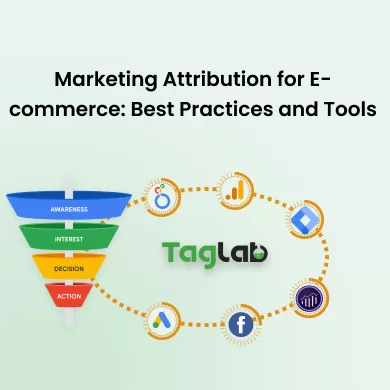Your cart is currently empty!
Customer Testimonials
Posted by:
|
On:
|
Customer Testimonials refer to positive statements or endorsements made by customers regarding their experiences with a product, service, or brand. These testimonials serve as social proof, providing prospective customers with insights into the quality and value of a brand’s offerings. By sharing authentic customer experiences, businesses can enhance their credibility, build trust, and influence purchasing decisions.
Detailed Explanation
Customer testimonials are crucial for various reasons and can take several forms:
- Types of Testimonials:
- Written Testimonials: These are often found on websites, marketing materials, or social media, where customers share their positive experiences in text format.
- Video Testimonials: Customers provide feedback through video recordings, adding a personal touch and authenticity to their endorsements.
- Case Studies: In-depth analyses of specific customer experiences, detailing the challenges faced, solutions provided by the brand, and the results achieved.
- Key Elements: Effective testimonials often include:
- Specificity: Detailed descriptions of the customer’s experience, including specific benefits and outcomes.
- Authenticity: Genuine and relatable stories that resonate with potential customers.
- Customer Information: Including the customer’s name, location, and even a photo can enhance credibility and relatability.
- Utilization: Testimonials can be used in various marketing channels, including:
- Website: Dedicated testimonial or review sections.
- Social Media: Sharing customer stories and feedback to engage with the audience.
- Email Marketing: Including testimonials in newsletters or promotional emails to build trust.
Importance of Customer Testimonials
Customer testimonials play a vital role in marketing strategies for several reasons:
- Building Trust: Testimonials provide social proof, reassuring potential customers that others have had positive experiences with the brand.
- Influencing Purchase Decisions: Positive testimonials can significantly impact a consumer’s decision-making process, often swaying them towards making a purchase.
- Enhancing Brand Reputation: Sharing authentic customer experiences can improve brand perception and establish a positive reputation in the market.
- Increasing Engagement: Testimonials can foster a sense of community among customers, encouraging them to share their own experiences and engage with the brand.
- Support Marketing Efforts: Testimonials can complement advertising campaigns and content marketing, reinforcing brand messaging and value propositions.
Examples
- Online Retailer: An e-commerce website features a section for customer reviews and testimonials, showcasing user experiences with various products to aid potential buyers.
- Service-Based Business: A consulting firm uses video testimonials from satisfied clients on its website and social media channels to highlight successful projects and outcomes.
- Software Company: A SaaS provider publishes case studies on their blog, detailing how their software solved specific problems for clients and the results achieved.
Related Terms
- Social Proof
- Customer Reviews
- Case Studies
- Brand Advocacy
- Word of Mouth (WOM)
Frequently Asked Questions
What are Customer Testimonials?
Customer Testimonials refer to positive statements or endorsements made by customers regarding their experiences with a product, service, or brand.
Why are Customer Testimonials important?
Customer Testimonials are important because they build trust, influence purchase decisions, enhance brand reputation, increase engagement, and support marketing efforts.
What types of Customer Testimonials exist?
Types of testimonials include written testimonials, video testimonials, and case studies, each providing different ways to share customer experiences.
How can businesses use Customer Testimonials?
Businesses can use testimonials on their websites, social media, and in email marketing campaigns to enhance credibility and attract new customers.


